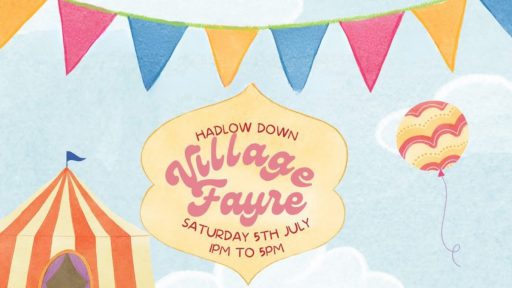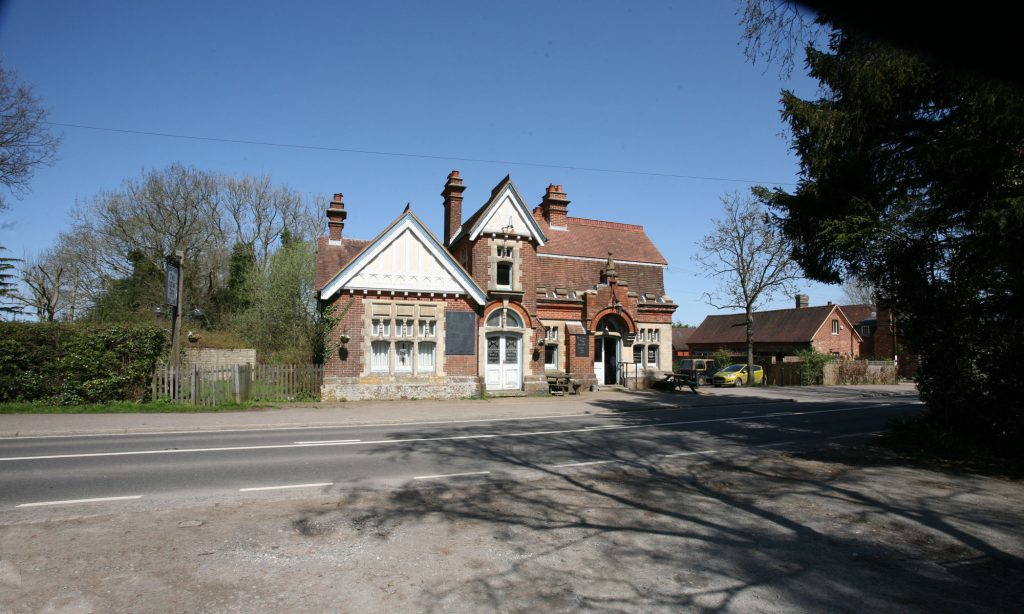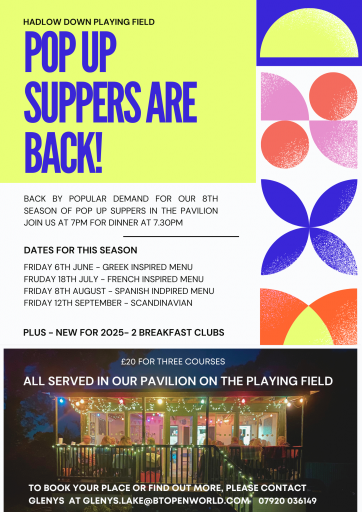 ‘How much nicer and less boring it would be if we were all still children.’
‘How much nicer and less boring it would be if we were all still children.’
Our book this month was Alison Lurie’s Foreign Affairs (1984), winner of the 1985 Pulitzer Prize for Fiction, also described as a perfect literary rom com.
Lurie herself was an academic at Cornell University. Like Vinnie Miner, her main character, she was a specialist in children’s literature and folk lore. In the early 1980’s she attended London University Institute of Education on a Fellowship and Foreign Affairs was a result of that time.
The novel is about two American academics who also came to London on a Foundation Grant to further their research. Vinnie, the main character of the novel is researching children’s playground rhymes and Fred Turner is writing a PhD on John Gay. Vinnie is plain and middle-aged and, although academically successful, suffers from self-doubt and self-pity which pursues her in the form of an imaginary dog called Fido.
Fred on the other hand is young and extremely handsome, an up and coming academic suffering from a rift in his marriage. Both characters become involved in romantic attachments. Vinnie with Chuck, a brash Texan engineer, who to her dismay is sat next to her on the flight to England.
Initially Chuck is everything that Vinnie despises about Americans, from his naivety, his lack of education, his wide hat and fringed jacket, and, above all, his plastic raincoat. However, as their paths in London cross and she comes to know him better, she is drawn to his generous spirit and surprising sensitivity and insight and they become lovers.
Vinnie herself is just the opposite – a confirmed Anglophile, staying in a tasteful Notting Hill flat. Now resigned to a single life, she has ordered things as she likes them. Perhaps not totally likeable, a bit of a kleptomaniac at moments of stress or unhappiness, taken for granted by others who think that as a single woman she is always available to help them. Chuck is her first experience who sees beyond the waspish exterior and loves for herself.
The novel is full of humour, in fact book club members described it as great fun and hilarious. I particularly liked the scene in which Vinnie first encounters Chuck sitting next to her on the plane and to keep him from disturbing her she gives him Little Lord Fauntleroy to read and to her surprise he finishes it.
It is not hard to detect the influence of Henry James – there are references to him and the novel echoes James’s own theme of the naïve American encountering the more sophisticated and duplicitous European. Fred’s actress lover is such a character, although there is a twist In this story. We enjoyed the novel – the scenes of London in the 80’s, the humour as well as the sadness. We recommend it,
Next month: Confession With Blue Horses by Sophie Hardac



 The bunting is being strung, the grills are being scrubbed, and the excitement is building… It can only mean one thing – the Hadlow Down Village Fayre is almost here!
The bunting is being strung, the grills are being scrubbed, and the excitement is building… It can only mean one thing – the Hadlow Down Village Fayre is almost here! Raw space is a panther, feral and primal.
Raw space is a panther, feral and primal. ‘How much nicer and less boring it would be if we were all still children.’
‘How much nicer and less boring it would be if we were all still children.’ ‘There were no women in Vietnam’
‘There were no women in Vietnam’ been cheated’”.
been cheated’”. ‘They have built a new stone wall right through Berlin.’
‘They have built a new stone wall right through Berlin.’ We are absolutely thrilled to share the news that The New Inn, in Hadlow Down has been named Runner-Up in CAMRA’s 2025 Pub of the Year – a richly deserved recognition for a true Sussex treasure.
We are absolutely thrilled to share the news that The New Inn, in Hadlow Down has been named Runner-Up in CAMRA’s 2025 Pub of the Year – a richly deserved recognition for a true Sussex treasure.


